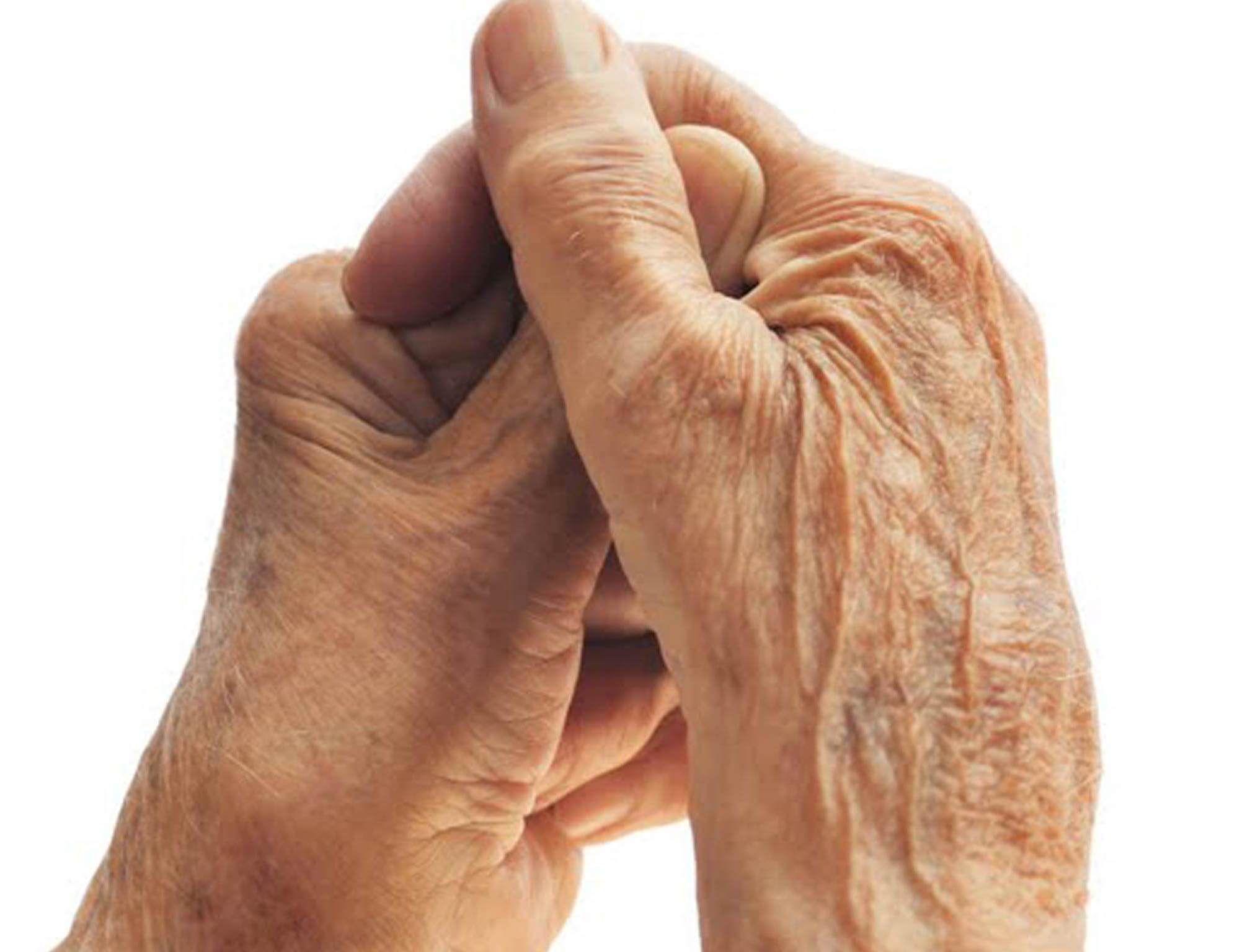Rheumatoid Arthritis: Symptoms and the Importance of Early Diagnosis
What Is Rheumatoid Arthritis?
Rheumatoid Arthritis, also called RA, is an autoimmune disease in which the body attacks its own tissues. This can affect many tissues and organs, but it often involves the thin membrane that lines joints, causing pain and swelling. Over time, you may develop damage to cartilage, tendons and even bones, causing joint deformity and disability.
RA usually comes in bouts, known as flares. Flares are periods of disease activity that may result in a lot of pain and swelling in affected areas.
There is no cure for RA, but those who have it can experience long periods of symptom-free remission.
Signs and Symptoms
Detecting rheumatoid arthritis early can help put it into remission and avoid extensive joint damage.
Some signs and symptoms you should look for are:
- Joint pain
- Inflammation
- Morning stiffness
- Limited joint motion
- Multiple joints being affected
- Pain getting worse over time
- Low-grade fever
If you have these symptoms, it’s important to make an appointment with your doctor so early treatment can begin if necessary.
Treatment
One of the main goals of treatment is to prevent irreparable joint damage.
Typically, a rheumatoid-arthritis treatment plan includes a disease-modifying antirheumatic drug (DMAD). You won’t see this drug’s benefits for a couple of months, so your doctor may recommend a nonsteroidal anti-inflammatory drug (NSAID) for pain and swelling in the meantime. Your rheumatologist will closely monitor your medications and may change them around in hopes of putting the disease into remission.
Throughout your treatment, take the time to improve your health and grow in your knowledge of the disease. Take the necessary steps to protect your joints: Exercise regularly, eat well, lose weight if necessary and stay as socially active as possible.
How We Can Help
Preferred Care at Home’s staff and caregivers can help by driving you to doctor’s appointments, providing medication reminders, encouraging regular exercise, preparing nutritious meals and offering an understanding support system. Please contact us today to learn more.
contact us today